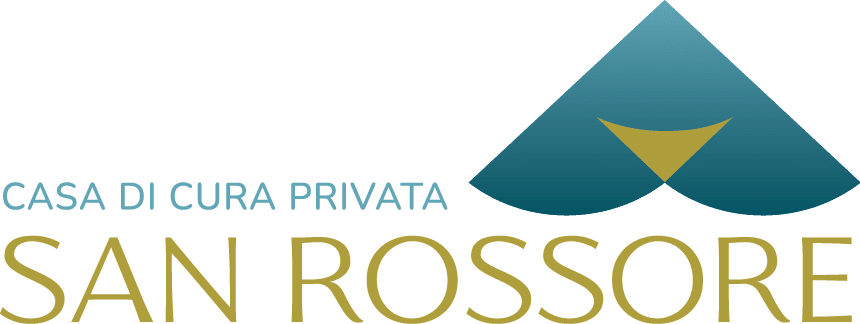Clinical Pharmacology
Clinical Pharmacology plays a crucial role in the rationalization of drug therapies and prescriptive appropriateness, in terms of efficacy and safety. The main purpose of this discipline is to harmonize and personalize complex specialized therapies with an overview that allows the setting of rational drug treatment.
An increasing number of patients are taking polypharmacy: 30% of patients>65 years old takes an average of 5 drugs at the same time. As a result, the risk of toxicity from drug interactions is high (Naples JG et al, J Am Geriatr Soc. 2016), representing in Western countries the reason for ER access in more than 30% of cases (Castro I et al., Int J Clin Pharm. 2013; Viktil KK et al. Br J Clin Pharmacol 2007), especially during treatment with cardiovascular and hypertension drugs (beta-blockers, diuretics, ACE inhibitors, calcium channel blockers, alpha blockers, sartans, antiplatelets and anticoagulants), antibiotics, analgesics, antidiabetics, central nervous system drugs (antidepressants, neuroleptics, benzodiazepines) (Gurwitz JH et al., JAMA 2003) and anticancer drugs.
According to data from the World Health Organization (click to view the site in ENG), at least 60 percent of adverse reactions are preventable, due to incorrect prescription, dispensing or intake of drugs, genetic and environmental influences, increasingly frequent self-medication by the patient himself, increasing use of counterfeit or uncontrolled drugs available on the Web, and interaction with other drugs, herbal products or simple foods.
The clinical pharmacologist is responsible for accurately assessing the following aspects of a drug therapy:
- expected and unexpected toxicity risk/evidence of drug treatments (dose-dependent, dose-independent/hydiosyncrasy)
- Drug interactions, both pharmacokinetic, with emphasis on drug absorption, metabolism, diffusion, and elimination, and pharmacodynamic, relating to drug targets
- Genetic evaluation of therapy targets or factors involved in drug absorption, transformation or elimination
- Therapeutic monitoring (dosing in biological fluids) of drugs characterized by high risk of toxicity
The application of these aspects in clinical practice, in close collaboration with other medical specialists from various disciplines, is a useful tool for optimizing the therapeutic response to a drug treatment, with the goal of prescribing rational drug combinations, tailored to each patient, designed to minimize the occurrence of preventable adverse reactions.
Available services:
-
- Pharmacological-clinical assessment for drug-drug interaction (pharmacokinetics, pharmacodynamics; pharmacogenetics) cardiac toxicity (baseline ECG, QTc assessment);
- Prevention and evaluation of possible adverse drug reactions; AGS Beers Criteria;
- Pharmacogenetic evaluation;
- Pharmaco-toxicological evaluation for drug use in pregnancy and lactation;
- Therapeutic drug monitoring
